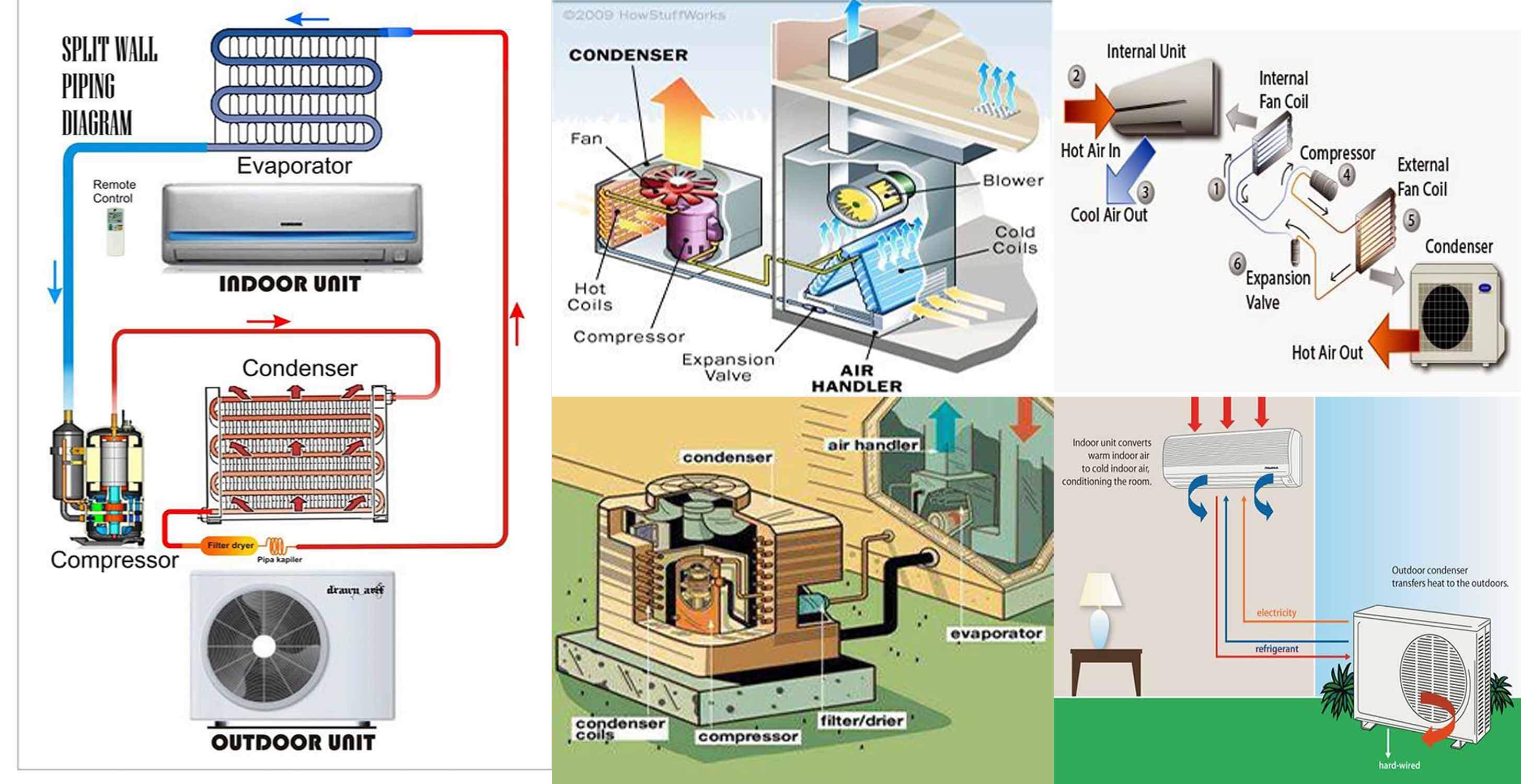As a homeowner, grasping the nuances of your HVAC system is crucial for maintaining a pleasant living environment and ensuring the efficiency of your home. An HVAC system, which is known as heating, ventilation, and air conditioning, plays a crucial role in regulating indoor climate, providing not only warmth in the winter months but also cool relief during the summer heat. With a variety of components operating smoothly, taking proactive steps to maintain your system in top condition can prolong its lifespan and minimize energy costs.
In this guide, we will examine multiple aspects of HVAC systems that every homeowner should be informed about. From knowing how often to check your HVAC system to noticing signs that indicate your unit needs prompt attention, we will arm you with important information. Additionally, we will cover energy-efficient options, indoor air quality improvements, and common maintenance practices, making sure you have all the resources necessary to foster a healthier and more efficient home.
HVAC System Maintenance
Consistent maintenance of your HVAC system is crucial to ensure its efficiency and longevity. It's advised to service your HVAC system at least once a year, optimally before the heating or cooling season commences. This regular check-up can help identify potential issues early, allowing for timely repairs and avoiding costly breakdowns. During maintenance, a professional will clean the system, check for leaks, and ensure all components are working optimally.

One of the key elements of HVAC maintenance is changing the air filters. A dirty filter can restrict airflow, causing your system to work harder and use more energy. Homeowners should replace their HVAC air filters every monthly to quarterly period, depending on how often it's used and the type of filter. Regular filter changes not only boost indoor air quality but also enhance the overall efficiency of the system.
Additionally, staying aware of seasonal maintenance tasks can help you stay on top of your HVAC needs. A seasonal checklist should include tasks such as inspecting the thermostat settings, inspecting the ductwork for leaks, cleaning the condenser coils, and making sure that the outdoor unit is uncluttered by debris. By following these maintenance practices, you can extend the lifespan of your HVAC system and maintain a cozy living environment year-round.
Choosing the Right HVAC Unit
Selecting the appropriate HVAC unit for your home involves comprehending your particular needs and the distinctive features of your living space. Begin by assessing the dimensions of your home, the climate in your area, and your budget. A system that is too tiny will struggle to maintain comfortable temperatures, while one that is too big will lead to wasteful energy use and higher bills. Consider seeking advice from a qualified expert to conduct a load calculation, which will help identify the appropriate dimension and kind of unit needed for your home.
Another crucial factor to consider is the different kinds of HVAC systems present. Traditional air conditioning units are popular for big homes, while ductless mini-split units may be perfect for smaller spaces or homes without ductwork. Additionally, heat pumps can offer both heating and cooling, making them a versatile option in mild climates. Each system has its own advantages and disadvantages, so it's crucial to weigh these against your requirements and wants.
In conclusion, energy efficiency should be a key factor in your choices. Seek out HVAC systems with high SEER ratings, as these systems use fewer energy and can save money on your utility bills over the long run. https://graph.org/Comprehending-HVAC-Zoning-Customized-Comfort-at-Home-06-24 might also explore options that feature smart thermostats or zoning systems, which can enhance efficiency and comfort by allowing for more control over heating and cooling in various areas of your home. Putting money into a quality HVAC unit that meets your needs can improve your indoor air quality and total comfort while also increasing the worth of your home.
Improving Indoor Atmosphere
Interior atmosphere is crucial for maintaining a wholesome and pleasant living space. One of the main roles of your HVAC system is to assist control air quality by removing out pollutants and circulating fresh air. Regular upkeep, including replacing air filters, can greatly reduce airborne allergens like dust, pollen, and pet dander. Making sure that your system is clean and operating properly will not only enhance the air quality but also increase the overall efficiency of the HVAC system.
Another essential factor of improving indoor air quality is controlling humidity levels inside your home. Excess humidity can lead to mold growth and contribute to respiratory issues. HVAC systems equipped with humidifiers or dehumidifiers can assist maintain optimal humidity levels. Keeping an eye on humidity will avoid discomfort and protect your home from damage due to dampness, creating a safer space for you and your family.
In conclusion, think about upgrading your HVAC unit with air purification technology. Modern HVAC systems can be fitted with high-tech air purifiers that utilize high-efficiency particulate air filters or UV light to eliminate germs and pathogens. Adding air purification not only helps alleviate allergy symptoms but also ensures that the air your family breathes is pure and safe. By focusing on https://alleynation11.bravejournal.net/the-effects-of-hvac-on-well-being-why-it-is-important-more-than-you-realize , you can significantly improve the indoor air quality in your home and support a healthier lifestyle.
